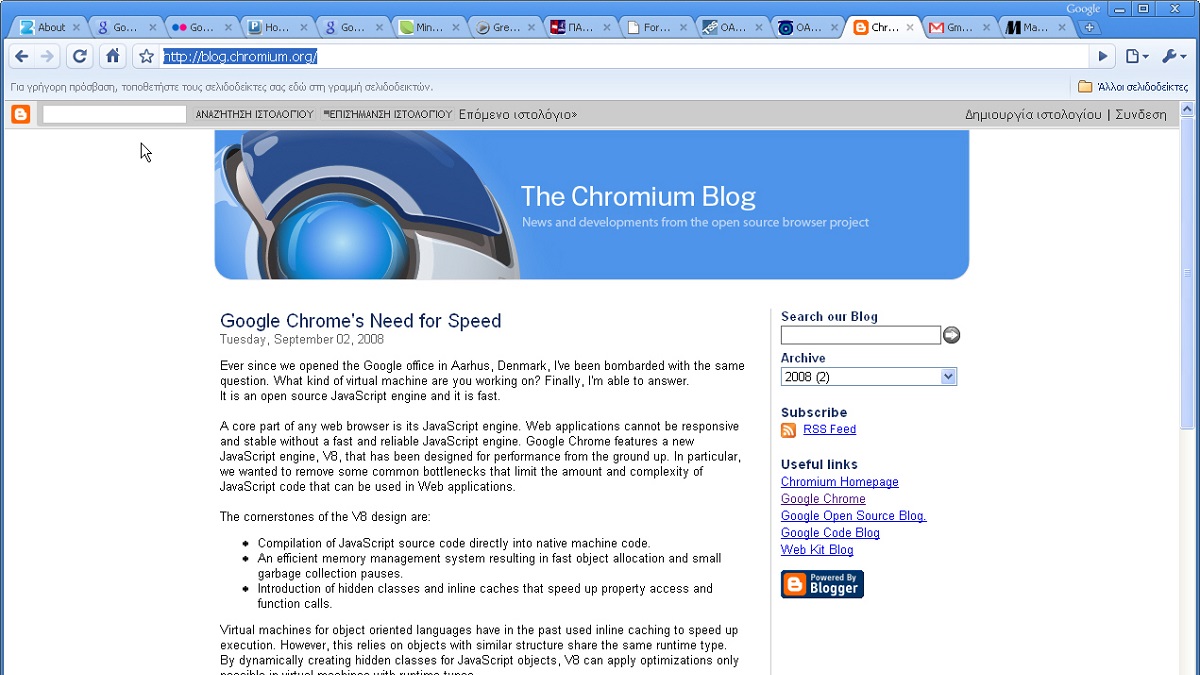
Google has been attempting to put its Chrome web browser in the spotlight. Although it controls more than two-thirds of the browser market, Microsoft Edge and Mozilla Firefox appear very aggressive.
Chrome web browser has had multiple safety, reliability, performance, and feature updates. Moving ahead, retaining Google Search as default, and a few other features will make it even better, assures the search giant.
Google Search as default engine significantly speeds up results aggregation:
Google has highlighted quite a few improvements that it made in recent times to the Chrome web browser. The information, available on the official Chromium website, indicates the browser should experience far fewer crashes and will manage memory even more efficiently than before.
Google claims Google Chrome, with Google Search as the default search engine, will load search results faster. For most of the users, Chrome displays suggestions when they start to type or enter their query.
Even with a partially filled query, Chrome browser can reliably predict what the user is trying to search. Needless to mention, this isn’t new.
Chrome is using less memory, crashing less, and loading search results faster, according to Google #chrome #browser #googlehttps://t.co/t3kwluwCCP pic.twitter.com/GyeVF7zzOj
— ghacksnews (@ghacks) November 2, 2021
Google Search Suggestions have been around for quite some time. In fact, several users of the search function claim they are annoyed by the eagerness of the platform to suggest results. But Google isn’t slowing down.
Chrome now prefetches suggestions based on the likelihood of selection. The algorithm reportedly analyses all suggestions based on the likelihood of selection. And it will prefetch search results if a “suggested query is very likely to be selected”.
Google claims that “search results are now 4x more likely to be shown within 500 ms”. The company also benevolently offers other search providers access to this feature on the Chrome browser.
Chrome’s new memory allocator, PartitionAlloc reduces memory requirement, and Local Cache removal boost reliability:
Google Chrome has a new memory allocator. Called PartitionAlloc, Google started deploying the same from Chrome v89 for Windows and Android. Strangely, ChromeOS received the feature in Chrome v93.
Data from ChromeOS reveals the feature can reduce Chrome web browser’s total memory footprint by about 15 percent. Overall, the browser’s process memory requirement drops by around 20 percent, claims Google.
Many users have been facing issues with their Google Chrome browser lagging after upgrading to Windows 11. The same is also true for some users who are still using Windows 10. So why is this happening in the first place? #GoogleChromelag #Windows11https://t.co/2r0dzjB7JW pic.twitter.com/nsViVaKuVo
— Hawkdive (@HawkdiveBlog) November 2, 2021
Google has also addressed reliability and performance issues that quite a few users faced while using the Chrome browser. The company claims it eliminated a local cache of the software.
The local cache not only added complexity but also increased memory usage. According to Google, it was a top contributor “to shutdown hangs in the browser”.
All these features aren’t new for Google Chrome. However, collectively, these should have a significant impact on everyday usage of the browser, assures the search giant.


